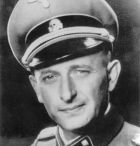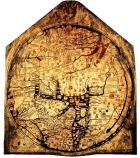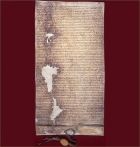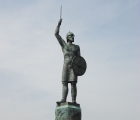Long-term knowledge plans
While the retention of historical knowledge is obviously important for students who face public examinations at the end of two or three year courses, the retention of different kinds of historical knowledge matters at all stages of young people’s education. Specific details that lend colour and interest to particular topics (and often play a vital role in explaining why events played out as they did) may well be forgotten; but teachers need to think carefully about the kind of ‘residue’ that they want to remain. What broader contextual knowledge will support the next specific study on which students are going to embark? What kind of summaries or essential reference points will help to anchor the over-arching framework that they are constructing? The materials in this section deal with ways in which teachers can plan in the longer-term, across whole key stages and across the whole-school curriculum, to support the retention, retrieval, re-use and refinement of students’ knowledge over time.
-

Of the many significant things that have ever happened, what should we teach?
ArticleClick to view -

Polychronicon 141: Adolf Eichmann
ArticleClick to view -

Polychronicon 146: Interpreting the history of 'big history'
ArticleClick to view -

Raising the bar: developing meaningful historical consciousness at Key Stage 3
ArticleClick to view -

Time and chronology: conjoined twins or distant cousins?
ArticleClick to view -

Year 9 - Connecting past, present and future
ArticleClick to view -

Year 9 face up to historical difference
ArticleClick to view

